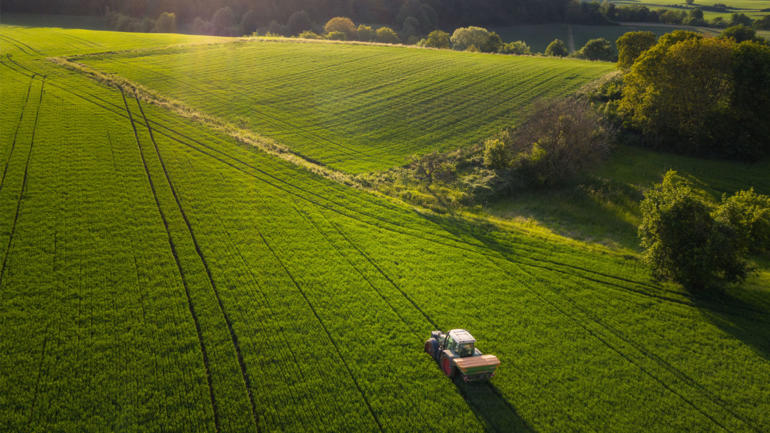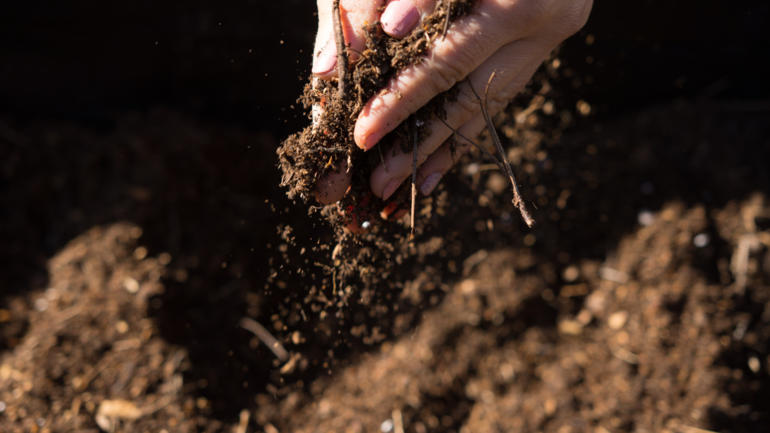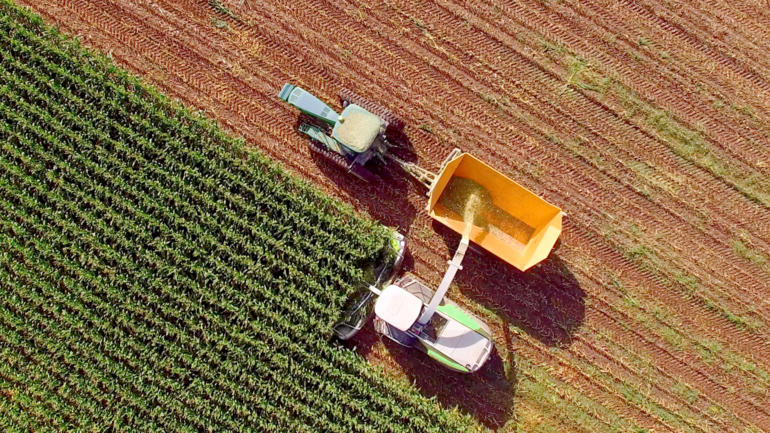Geneva, 26 January 2021: A new report by the World Business council for Sustainable Development (WBCSD) released today highlights the significant opportunities for business with Digital Climate Advisory Services (DCAS). Investing in these climate-related advisories and services delivered via digital tools could empower over 300 million smallholder farmers worldwide and support fairer, more resilient food systems. These tools, including mobile applications and voice response systems, can increase the resilience and productivity of farmers and supply chains- building resilience and adapting to climate change, protecting nature and contributing to a more equitable distribution of value.
Around 30% of global crop production is threatened by climate change impacts and over 300 million smallscale farmers do not have access to climate advisory services to help them respond to this threat. To serve this farmer population, billions of dollars of investment are needed in DCAS by 2030. Much of this finance will need to come from the private sector, creating significant opportunities for business. The adoption of digital technologies in agriculture and rural areas could generate a value of USD $800 billion by 2050. Digital advisory services bundled together with financial and other services have the potential to increase smallholders’ income by 57% and productivity by 168%.
The report, released alongside the Climate Adaptation Summit 2021, shares key recommendations for business, including how to implement financially sustainable business models for DCAS. Some key elements of successful business models for DCAS include:
- User-centric delivery models that reach non-functionally or digitally literate farmers.
- Strong focus on last mile challenges, including partnerships for offline farmer outreach.
- A focus on the most responsive segments of the farming population, including youth and proactive identification of early adopters.
- Achieving efficiencies through specialization by companies focusing on specific sections of the DCAS value chain.
- Bundling services together appears to now be industry standard practice and can help enhance the value proposition for farmers.
These recommendations draw on findings from a financial sustainability and public-private partnerships working group, ahead of publishing the Investment Blueprint for DCAS in spring 2021.
Tony Siantonas, Director, Scaling Positive Agriculture, WBCSD said: “Digital Climate Advisory Services can play a critical role in helping farmers and businesses adapt to the climate impacts that threaten today’s and tomorrow’s agri-food systems.”
The blueprint, a response to the challenges faced by smallholder farmers, is a collaboration between WBCSD, the Global Commission on Adaptation, the International Research Institute for Climate and Society, the World Food Program and the World Resources Institute.
WBCSD is creating global and regional platforms to facilitate the growth of DCAS through its Food and Nature program . It will continue to explore positive private sector contributions to DCAS and provide platforms for sharing knowledge, as well as identify synergies and further analyze the business case for business, farmers and policy makers.
This report is part of the Scaling Positive Agriculture project. WBCSD will continue supporting this agenda through a series of activities, including, but not limited to:
- Further analyzing and building the evidence of the business case for DCAS in key countries, alongside regional WBCSD programs, farmer groups, businesses and partners
- Promoting the role of business-led DCAS in building farmer resilience in public sector policy fora such as the UNFCCC
- Continuing the delivery of the Farm of the Future knowledge series with webinars during the course of 2021 to further understand and address the obstacles highlighted in this paper
- Responding to member requests for further analysis on topics of shared interest in DCAS.
For more information, please contact:
Sylvain Maibach, Manager Communication Food & Nature








